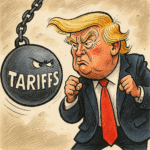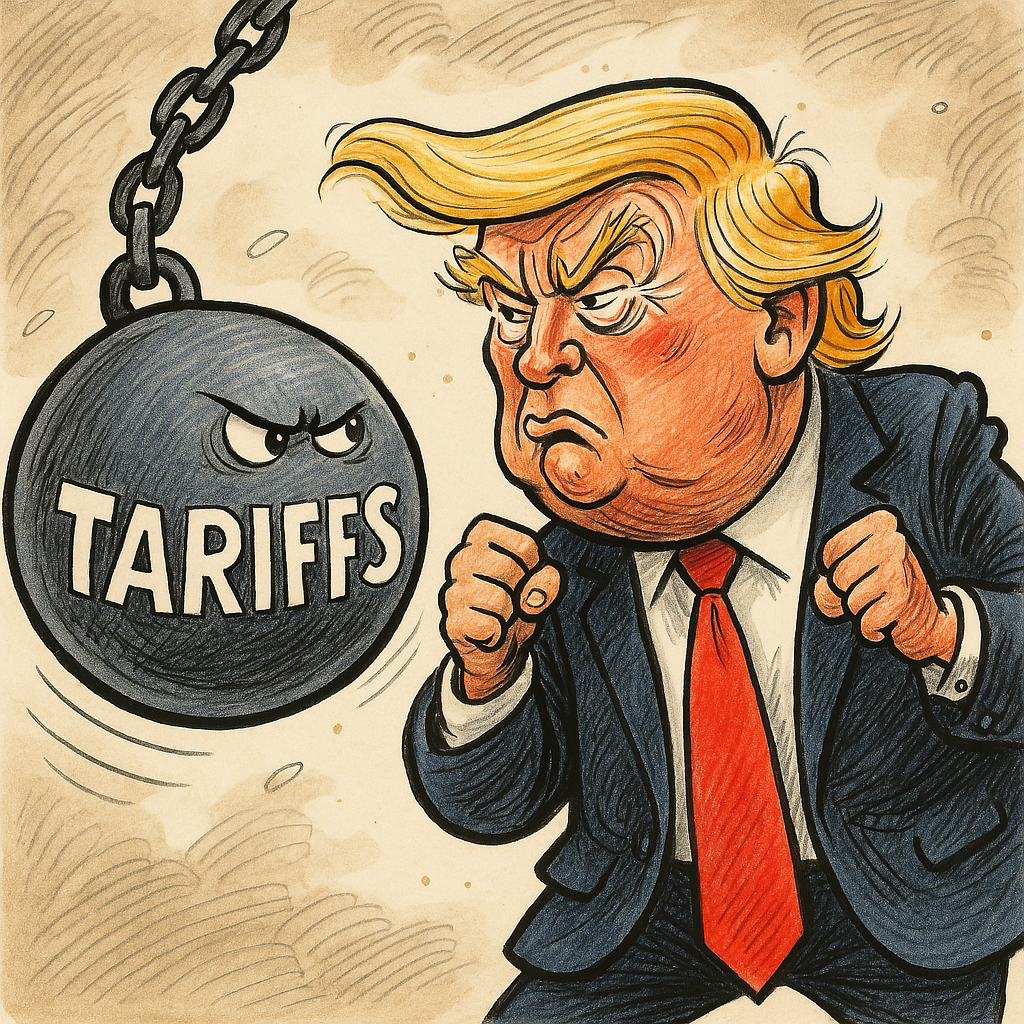When headlines scream about tariffs, trade wars, and economic instability, the average investor braces for impact. Markets dip. Stocks crash. Fear spreads. But one critical question often goes unasked:
Is this truly about tariffs—or are we witnessing strategic market manipulation?
Let’s break down what’s really happening behind the curtain.


